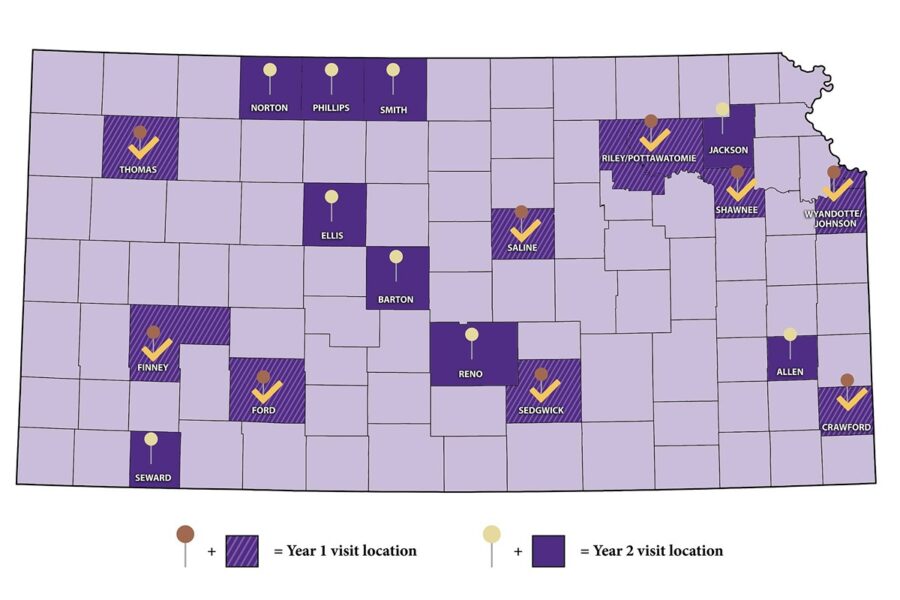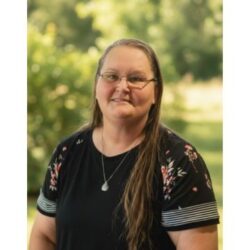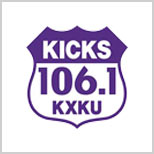MANHATTAN, Kan. — K-State continues traveling the state.
Kansas State University is gearing up for the second year of presidential community visits across Kansas. The regional community visit initiative focuses on the people of Kansas and their communities. K-State is visiting multiple communities throughout the state to listen to and learn from the Kansans who live there.
“A next-generation land-grant university listens to the people it serves, and that’s exactly what we are trying to do through this community visit initiative,” said K-State President Richard Linton. “We’re the university for Kansans, and our first year of community visits was a vital opportunity for us to engage with thousands of people in 73 counties across the state. I can’t wait to build on that momentum and connect with communities that represent the remaining 32 counties so that we can paint all 105 counties purple in the upcoming academic year.”
The 2023-2024 academic year will include nine new county regions: Allen County, Barton County, Ellis County, Jackson County, Norton County, Phillips County, Reno County, Seward County and Smith County.
K-State will stop in the nine communities during the course of four visits. The dates include:
• Oct. 4-5, 2023: Allen County/Humboldt.
• Nov. 7-9, 2023: Barton County/Great Bend, Ellis County/Hays, Norton County/Norton, Phillips County/Phillipsburg and Smith County/Smith Center.
• Feb. 6-7, 2024: Jackson County/Holton.
• March 5-7, 2024: Reno County/Hutchinson and Seward County/Liberal.
Exact locations and additional event details about each visit will be provided closer to the dates.
Each visit will include activities to engage with Kansans in the surrounding region. Linton and K-State Connected ‘Cats students will lead several events, including community conversations, recruitment activities and events to highlight university partnerships and K-State Research and Extension relationships.
The events for each regional community visit will be free and open to all Kansans: community members, leaders, families, current and future students, and parents.
Learn more about the community visit initiative.
A closer look at the 2022-2023 community visits
During the inaugural 2022-2023 academic year of community visits, K-State visited nine communities and engaged with 2,437 Kansans in 73 of the state’s 105 counties. The second year of community visits will fill in the gaps so that K-State will have touched all 105 counties by the end of the 2023-2024 academic year.
The 2022-2023 community visit series included nine locations: Flint Hills region, Ford County/Dodge City, Greater Kansas City area, Central Kansas/Salina, Shawnee County/Topeka, Sedgwick County/Wichita, Crawford County/Pittsburg and Girard, Finney County/Garden City and Thomas County/Colby and Hoxie.
The Office of Engagement has created multiple interactive resources that tell the story of each community visit with photos, data and interactive content. The StoryMap includes photos and interactive content that document the specific events at each community visit. The Regional Community Visits Dashboard uses GIS technology to provide data-driven insight at both the statewide level and for each individual community visit.
Each community visit included events specific to that region, such as highlighting student experiences through workplace engagement at Textron Aviation in Sedgwick County, understanding Topeka’s comprehensive approach to serving the unsheltered in Shawnee County or discussing the ways that farmers in the Rattlesnake Creek watershed are using water conservation methods in southwest Kansas.
K-State Connected ‘Cats student leaders play a key role in bringing their K-State experiences to each community, especially through the Connected ‘Cats Spirit of K-State award. At every community visit, Connected ‘Cats choose educators from their hometown high schools to recognize for their inspiration and positive influence in helping the Connected ‘Cats get to where they are today. The educators are recognized in a surprise ceremony at the high school and given a certificate for a $1,000 scholarship to give to a current high school student who plans to attend K-State.
“Our universities play a really important role when we talk about economic development and growth overall for the state of Kansas,” said Jason Gregory, executive vice president for Downtown Wichita, who participated in the Sedgwick County community visit. “We’ve got to engage the higher ed institutions across the state. They are going to determine whether we succeed or fail as a state when it comes to employment and when it comes to economic growth.”























